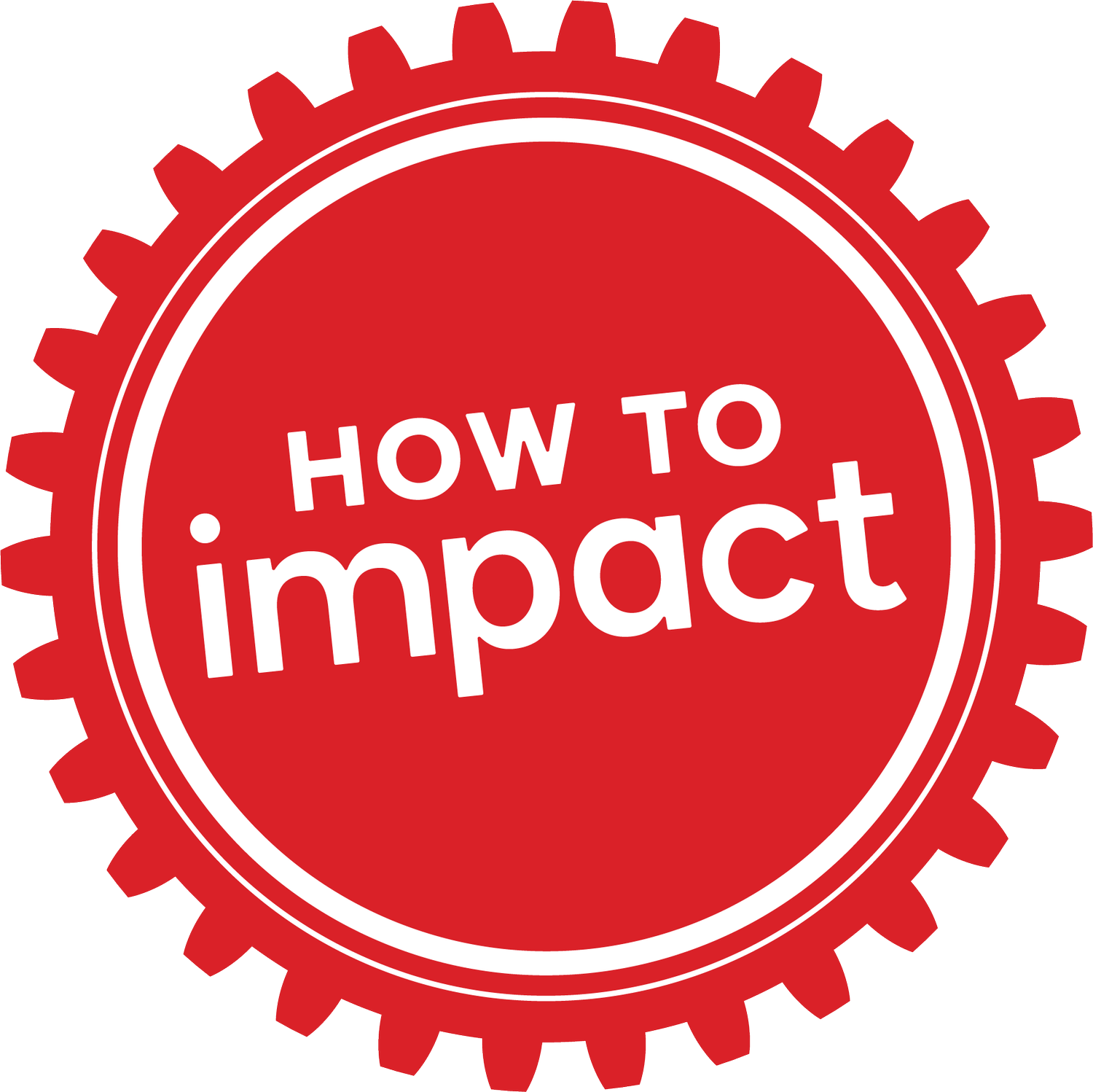Driving Advocacy Within Your Business
Employee Advocacy
Every business wants to get to the position where its customers champion their brand, the benefits are obvious: public support for your brand demonstrates customer engagement; it elevates a brand message from a piece of marketing to social currency; and – crucially – you don’t pay for it. As Bill Bernbach, founder of ad agency DDB said: "Word of mouth is the best medium of all.”
But what about employee advocacy? According to Edelman’s Trust Barometer 2016 report, employees are three times more credible than the CEO when talking about working conditions. Yet, few businesses have a programme designed to actively use this untapped resource.
So how do you create true employee advocacy?
True advocacy is not just about having trusted and informed employees, but motivating them towards active promotion of key product, brand, organisational and even category stories.
Develop the most appropriate tools for the message, content and context
Educate, engage and create opportunities for people to create and share their own experiences beyond the classroom
Connect employees and allow the best advocates to train others
Employee Advocacy in Action, Beer Works
Lion Nathan wanted to address a category issue: the beer market was in decline, suffering from a negative social perception (‘loutish’, ‘bogan’, ‘fattening’, ‘unsophisticated’) especially when compared to the sophistication, food matching credentials and layers of discovery available in wine and spirits. And with about the majority share of the beer market, Lion knew that failure to address these damaging perceptions could be catastrophic.
They also knew they would have to properly arm their people with beer knowledge before they could address the broader societal issue, but their people didn’t all know, love and advocate beer as the natural, layered and rewarding product that aficionados know it to be.
So we set out to create a cultural change programme of education and engagement to provide Lion’s people with the knowledge, skills and confidence to be able to effectively advocate beer inside and outside of the workplace.
This programme needed to create a lasting journey for Lion employees; to be suitable for all levels of the business – from people in the warehouse to the CEO; and to be self-sustaining. And we needed to help staff advocate in the battleground of the bars of Australia. This meant adopting a mobile-first approach via interactive animations and videos and an ongoing learning journey which alternated classroom sessions, hands-on experiences and individual challenges.
The Beer Works programme contributed to a sizeable rise in all the key internal metrics of beer understanding and advocacy, such as:
65% increase in understanding of how beer is made
70% increase in understanding of the agricultural origins of ingredients in beer
95% increase in mastery of ‘How to pour, taste and appreciate a beer’
Cultural changes have been widespread, from the wholesale adoption of ‘correct’ beer pouring in Lion bars, to the launch of internal Beer Works blogs.
Five tools to drive an advocacy programme within your business:
Explore beyond 'advocacy': Explore what 'advocacy' really means for your business. What's the message you're trying to get across and the best way to put that out there? What are the main barriers to learning and then to sharing?
Understand where to take the flight: As we did by developing materials suitable for pubs, you need to establish: Where is your battleground? If you have an argument, where does it need to take place? What tools do you need in that environment? (Hint - it's unlikely to be a PowerPoint presentation).
Enforce the importance of experiential: For Lion Nathan it's obvious that beer is a natural product - so it was really important to get people to smell, touch and make beer to really engage them. Not every business will have the same kinds of products - so you will need to think about how to drive experiential learning in a way that will best suit your business.
Participant progression: For Beer Works we gamified the process, so employees could clearly see their path as they progressed along the journey. This keeps everyone engaged, and stops the process being seen as a top-down push, whilst developing senior spokespeople within their system.
Don't assume positively engaged people are advocates: We found that being an engaged employee is not the same thing as being advocates. For example, some of Lion's employees don't drink beer - so although they could be fantastic employees, they weren't advocates as they didn't have the knowledge to be. And even for the beer drinkers, they didn't have the tools they needed to communicate and persuade others.



